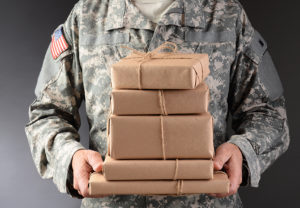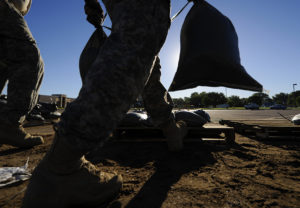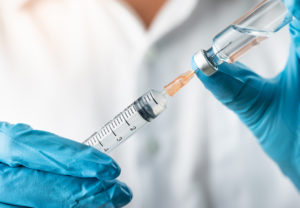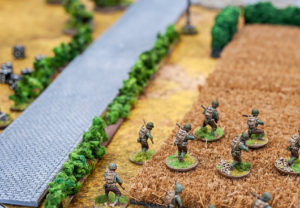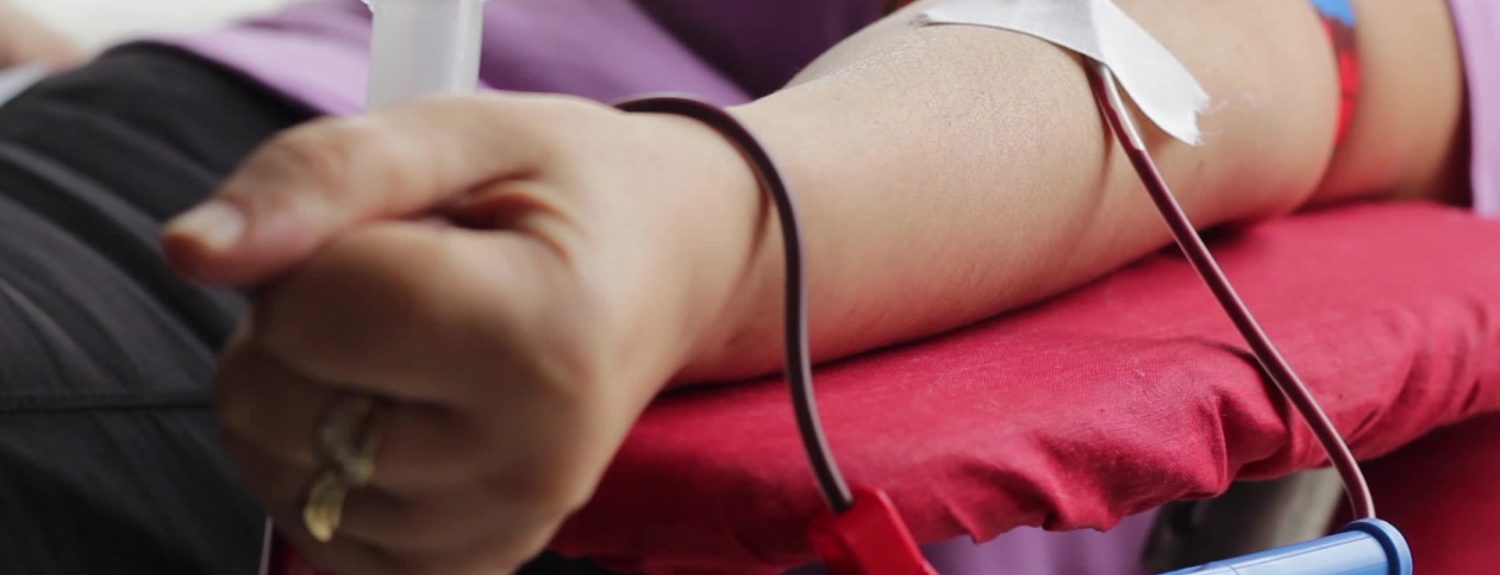When tragedy strikes, well-meaning Americans across the country leap to their feet to help others through community service and charity. One common way to help the needy after a bout of shocking violence is to donate blood.
Blood donation isn’t as simple as waltzing into a hospital with your arm out. Potential donors should keep several rules and tips in mind if they want to donate blood.
Check if You’re a Qualified Donor
Not everyone is eligible for blood donation. You should give blood if you are:
– aged 17 years or older
– weigh 110 pounds or heavier
– possess a critical blood type (O+, O-, AB- and B-)
– haven’t already given blood in the past 56 days
You will not be permitted to give blood if you are considered at risk for contracting HIV. Though it might seem backwards considering the site of the Orlando mass shooting, the FDA includes sexually active gay men in this category.
You can learn more details about how health conditions such as asthma, cancer and heart disease impacts blood donation here.
Don’t Donate Immediately After a Disaster
The New York Daily News writes that 2,000 units of blood are used to help patients in the New York region every day. Meeting that daily need is hard for two reasons.
First, blood has an expiration date. Hospitals can’t stockpile blood packs for emergencies because they only have a shelf life of 42 days.
Second, donors can only give blood once every 56 days. That means there are off periods when regular donors can’t provide hospitals with new material.
Help hospitals by donating blood year round. If you are moved by a mass shooting or tragedy to donate blood, wait a month afterwards so you can help replenish your local blood bank’s stores.
Locate Your Nearest Blood Bank
The American Association of Blood Banks makes blood donation easy by offering an online blood bank locator. Input your city and zip code in order to find the closest blood banks and centers in your local area.
However, the tool doesn’t include mobile blood drives.
Prepare to Donate
Once you’ve found a blood bank and scheduled a donation, it’s time to prepare your body for the experience. The Red Cross suggests that donors should iron-rich foods in the days leading up to their donation and get a good night’s sleep. Donors should also drink an extra 16 ounces of water and eat a healthy meal before their appointment.
Bring your driver’s license, donor card, or two other forms of ID with you to the blood bank.
















